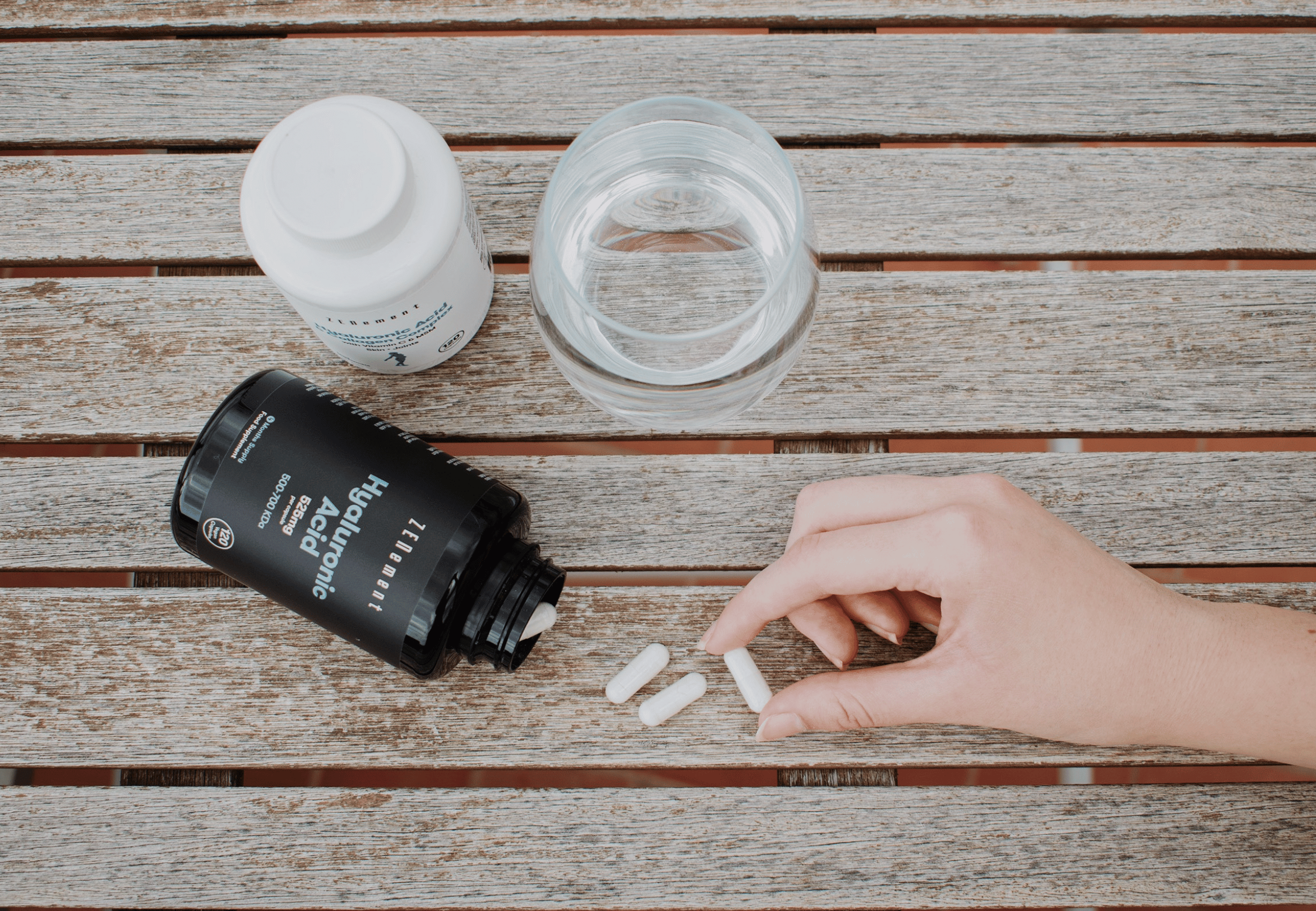There is one aspect of our daily lives that we often don't pay enough attention to: our hydration. This is an essential aspect of our health and well-being, but it is surprising how much we overlook the importance of what we drink, and how our choices in this regard can have a significant impact on our bodies.
Should I Drink Eight Glasses of Water Every Day?
When summer arrives, our routines and lifestyles change. The good weather invites us to go outdoors and indulge in leisure activities, and it is precisely at this point that we need to pay attention to our hydration.
If we consider that approximately 60% of our body is composed of water, it becomes evident that maintaining an adequate level of hydration is essential for our body to function properly. Hydration is vital for digestion, body temperature regulation, nutrient transport, and keeping our skin healthy.
The idea of drinking 8 glasses of water every day has become a "rule" that has permeated our collective consciousness. But is it actually true that we should drink this amount of water every day?
The answer is no. It is not true that to maintain optimal hydration we need to drink eight glasses or two liters of water every day. In fact, to date, there is no scientifically based regulation that tells us the exact amount of water we should drink on a daily basis.
Hydration needs are not the same for each person, so the amount of water we require may vary depending on a number of factors, such as our weight, the level of physical activity we do, and the climatic conditions of the place where we live.
It is important to understand that, in general, the sense of thirst is a fairly reliable gauge for determining when you need to drink water. For healthy people, drinking when they feel thirsty is, in most cases, enough to maintain a good level of hydration.
There are exceptions, of course, such as babies, athletes, the elderly, or those suffering from an illness. All of these may need to drink more fluids than their thirst may suggest in order to ensure adequate hydration.
Let's Talk About Drinking Alcohol and its Impact on Our Health
It is important to demystify the false beliefs that often surround certain beverages. You've probably heard that a glass of wine a day is beneficial to your health, or that beer can be good for your heart.
"A glass of wine a day" advocates claim that one glass a day offers an array of benefits, from preventing heart disease to helping with weight loss. This claim is based on the presence of polyphenols and resveratrol, antioxidant compounds found in grapes, which may provide these positive effects.
However, scientific research suggests that the concentration of these substances in wine is quite limited and that they can be acquired from other food sources without the risks associated with alcohol consumption.
Beer, on the other hand, is said to provide antioxidants that protect our hearts against oxidative stress. However, the truth is that alcohol can be toxic to cardiac tissue, leading to a possible weakening of the heart and triggering heart failure symptoms.
Furthermore, it should be noted that antioxidant efficacy is not limited to a single source intake. Therefore, a diet rich in fruits, vegetables, and other antioxidant-rich foods, along with a healthy and active lifestyle, will be key to promoting long-term health and well-being.
Drinking alcohol, even in small amounts, is not healthy. Drinking excessive amounts of alcohol can have both short- and long-term negative effects on overall well-being. The WHO has warned that there is no safe amount of alcohol for the body.
What healthy drink options are on the market?
When temperatures rise, it's common to feel like a cool, refreshing drink. However, not all drinks are equally healthy.
It goes without saying that we love the sweet, fresh taste of a glass of juice. However, while it may seem like a healthy choice at first glance, especially if it's made from natural fruits, it's not the best choice when it comes to hydration and nutrition. When we squeeze an orange or apple to make juice, we leave behind the fiber and other beneficial constituents of the fruit and are left mainly with its sugary content.
The best alternatives are sparkling water, cold infusions, or coffee. If you choose the last two, try to consume them as they come, without adding sugar.
Hyaluronic Acid: How do Food Supplements Help You Keep Your Tissues Hydrated?
One of the key ingredients to maintain and hydrate your tissues is Hyaluronic Acid. This molecule is found naturally in our body, especially in our skin and joints.
This powerful substance acts like a sponge, being able to retain large amounts of water. Doing so, not only does it help to keep our tissues well hydrated, but also ensures that they remain elastic, lubricated, and in good condition.
As we age, the levels of Hyaluronic Acid in our body tend to decrease. This decrease can lead to problems associated with skin aging and dryness.
This is where Hyaluronic Acid food supplements prove their worth. These supplements help us achieve adequate levels of this essential molecule, ensuring that our skin and joints retain their ability to stay properly hydrated.
|
Food supplement |
Format |
How to take |
|
Capsules |
Take 1 capsule a day, preferably with a meal. |
|
|
Capsules |
Take 2 capsules a day; 1 with breakfast and 1 with dinner. |


